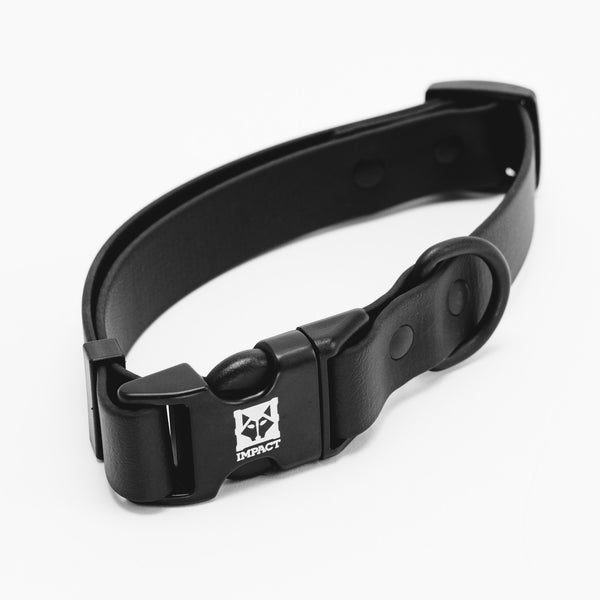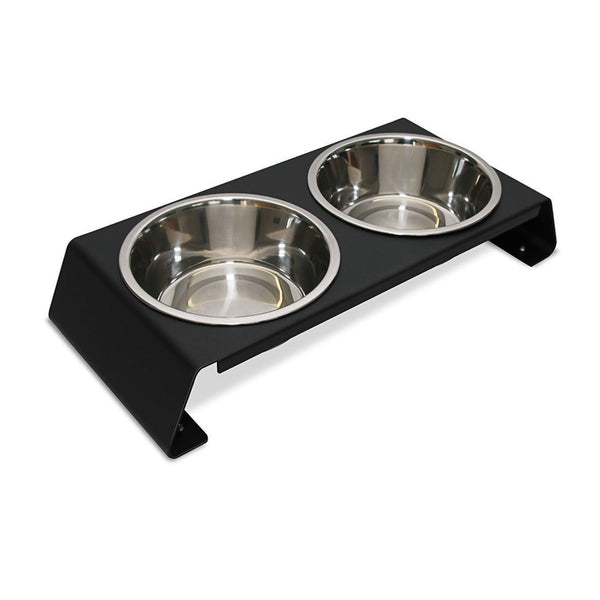When your dog's kidneys are failing, you may notice changes in nearly every aspect of their health.
Kidney failure in dogs occurs when the kidneys can no longer do their important job of:
-
Filtering waste from the bloodstream
-
Flushing and balancing body fluids
-
Helping regulate blood pressure
It is a very serious condition. However, noticing it early and seeking supportive, palliative care and veterinary treatment can make a significant difference.
What Is Kidney Failure in Dogs?
Kidney failure, also known as renal failure, means that your dog’s kidneys are no longer effectively removing toxins from the body.
Kidney failure in dogs may be:
-
Acute (sudden)
-
Chronic (a slow and gradual loss of kidney function)
-
A combination of both
Healthy kidneys:
-
Remove excess waste and toxins through urine
-
Balance electrolytes
-
Maintain hydration
-
Create hormones
As the kidneys begin to fail, these functions slow or stop, which can quickly make your dog feel unwell.
Signs of Kidney Trouble
It is important to understand that signs of kidney problems can develop gradually or appear suddenly. Watch for:
-
Excessive thirst (polydipsia)
-
Increased or decreased urination
-
Vomiting or nausea
-
Strong or unpleasant breath (often ammonia-like)
-
Loss of appetite
-
Weight loss
-
Lethargy or depression
-
Pale gums
-
Ulcers in the mouth
-
Muscle weakness or poor coordination
If you observe any of these symptoms, contact your veterinarian as soon as possible.
What Causes Kidney Failure?
There are many potential causes of kidney problems in dogs. Some common causes include:
-
Age – Kidney function naturally declines as dogs age
-
Toxins – Foods such as grapes and raisins, antifreeze, or certain medications like aspirin
-
Infections – Some bacterial infections such as leptospirosis
-
Genetic conditions – Inherited disorders, more common in certain breeds like Cocker Spaniels or Bull Terriers
-
Dehydration – Significant fluid loss from illness or heatstroke
-
Tumors – Growths that interfere with kidney function
Identifying the underlying cause is essential for determining the most effective treatment.
How Vets Diagnose Kidney Failure
If your veterinarian suspects kidney disease, they may conduct several tests to confirm the diagnosis and evaluate its severity:
-
Blood tests – To check for toxins like BUN (blood urea nitrogen) and creatinine
-
Urine tests – To assess concentration and detect signs of infection
-
Imaging – Ultrasound or X-rays to examine kidney size and structure
-
Blood pressure measurements – Since kidney issues are often linked to high blood pressure
These tests help provide a clearer picture of how well your dog’s kidneys are functioning.
Treatment Options With Heart
Although there is no single cure for kidney failure, medication and diet therapy can help many dogs live comfortably.
Veterinarians may recommend:
-
IV fluids – To flush out toxins and rehydrate the body
-
Medications – To control symptoms such as nausea, high blood pressure, or elevated phosphorus
-
Prescription diets – Formulated to reduce waste and meet your dog’s specific dietary needs
-
Ongoing monitoring – Blood work helps determine how often to reassess kidney function
Chronic kidney disease treatment focuses on long-term management and comfort, often through palliative care.
Acute kidney failure, if identified early, can often be reversed or at least stabilized.
Living With Kidney Failure: What to Expect
With loving care, consistent support, and veterinary guidance, many dogs with kidney disease can still enjoy a fulfilling life.
You may need to:
-
Visit the veterinarian more frequently
-
Adjust your dog’s meals and hydration routines
-
Administer medications at home
-
Monitor for changes in symptoms
Each dog is unique. Some may do well for years, while others may decline more quickly.
What matters most is that your dog remains comfortable, supported, and loved throughout their journey.
Support Starts With a Vet Visit
Whether you suspect kidney issues or simply want peace of mind, visiting your veterinarian is the first step.
The earlier kidney disease is detected, the more treatment options are available to ensure a happier, healthier life for your dog.
Your dog is counting on you. You are not alone—your veterinary team is ready to help.
https://www.petmd.com/dog/conditions/urinary/c_multi_renomegaly













